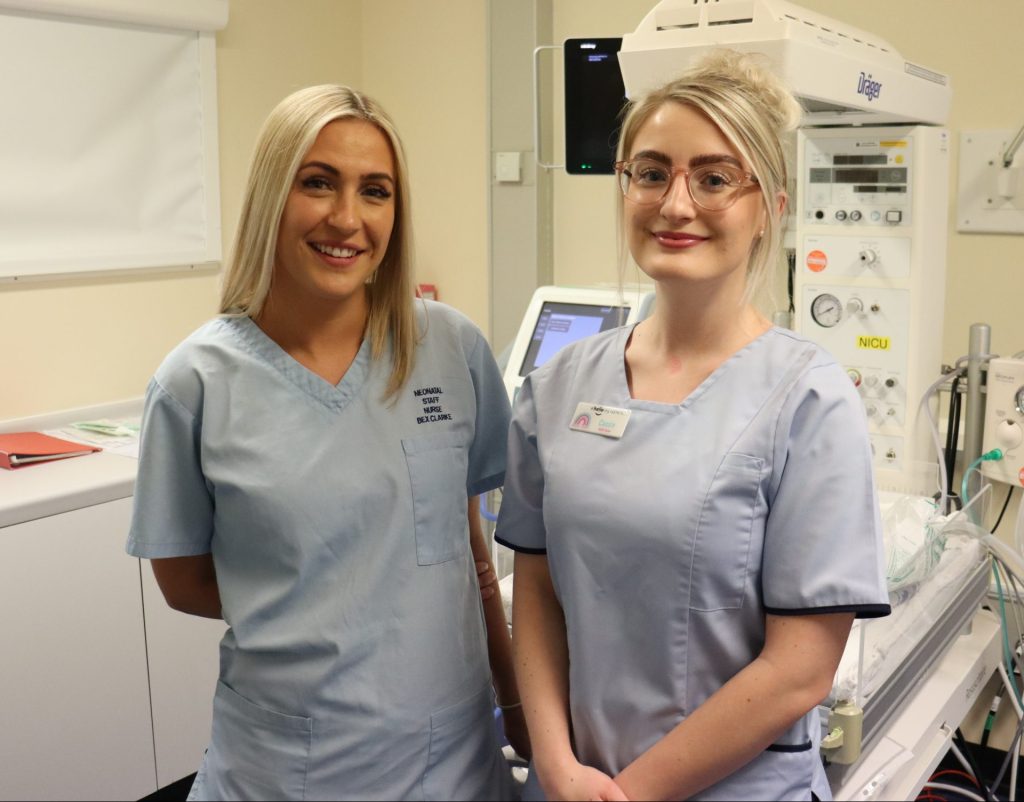“Within Newborn Services the role of the ENNP has been utilised to support the medical staffing within the SC and HDU areas. The role follows a medical model and nursing staff gain confidence in managing planned care with the medical staff on ward rounds. They will assess and feedback to the medical staff on infants who deteriorate, prepare infants for discharge and order investigations as per planned care. All plans of care are discussed with the medical team in order to support the safe care of infants in these areas. There is the opportunity to undertake the role of the non-medical prescriber if the ENNP wishes to develop their skills. The experience gained working within the team can often become a springboard to moving towards the ANNP course” Stephanie Dow (Matron for Intensive Care and High Dependency, Manchester Foundation Trust)
How to get in to it
Speak to your manager or senior nurse during appraisal. Consider undertaking some of the below courses for CPD and to ready yourself for if/when a post becomes available
Essential courses, example: https://www.bmh.manchester.ac.uk/study/cpd/courses/nursing -practice-bsc-cpd-units/?pg=2&unit=NURS9319C&unitYear=1
10 study days
Other courses/CPD which may help
NIPE (Newborn Infant Physical Examination)
Leadership
























